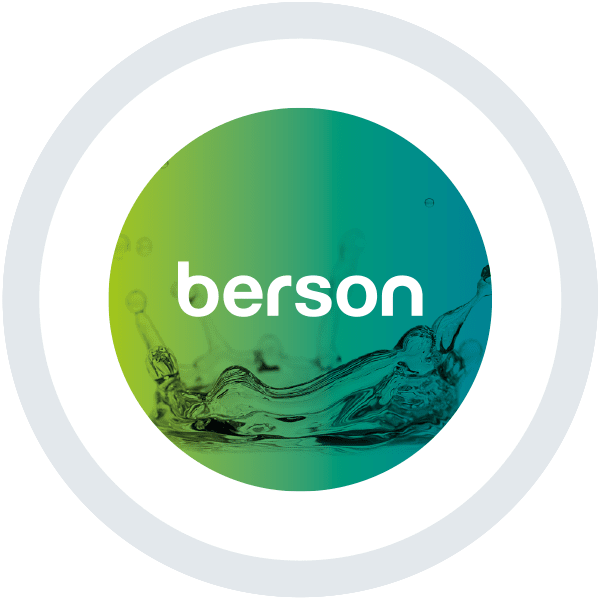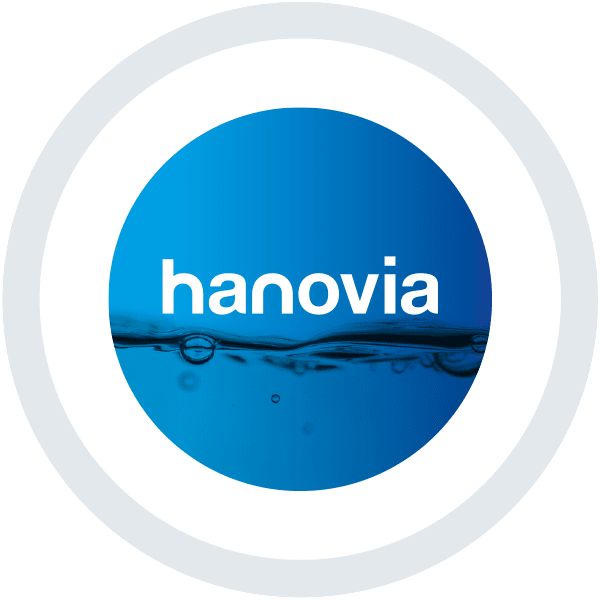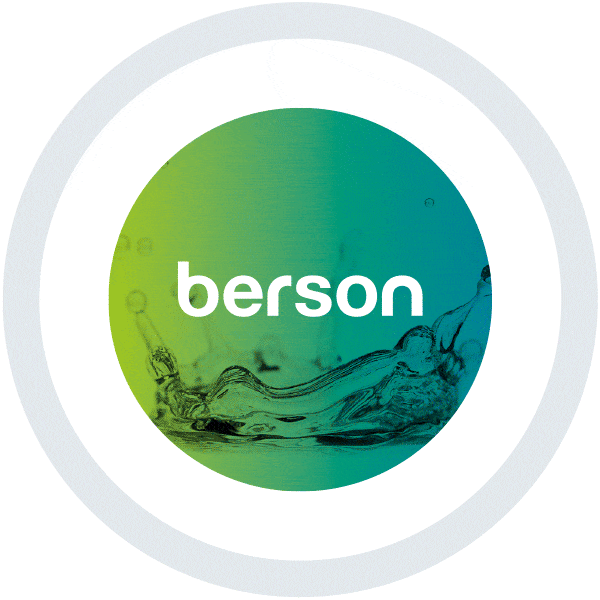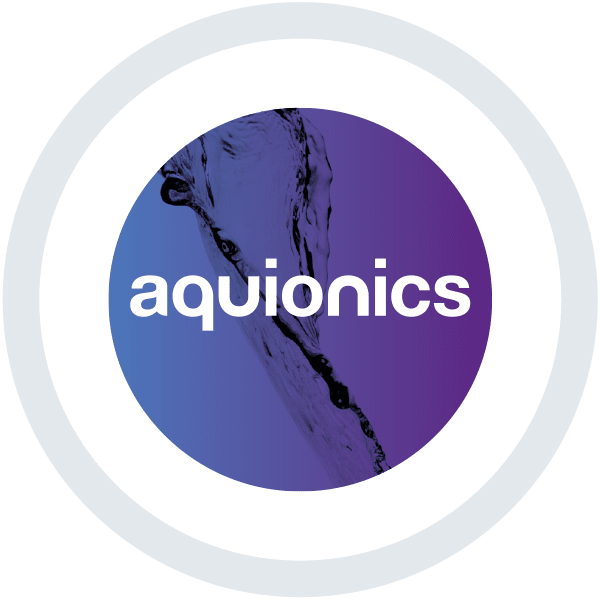Montag, Juli 13th, 2020

Halma’s UV Group of companies (Aquionics, Berson & Hanovia) today announced the launch of the AirLine UVv, a UVC device for HVAC systems (https://www.weuvcare.com/airline-uv/) that will help put an end to harmful pathogens, such as SARS-CoV-2, the virus which causes COVID-19. Easily retrofitted into commercial and light industrial HVAC duct work, the UVv uses high
Donnerstag, Mai 28th, 2020

Bacteria – the microscopic single celled organisms that are prevalent everywhere on earth. Amongst thousands of known bacterial species, the vast majority do not have any impact on us. The ones that cause most harm to humans are those that are either transmitted through water (water-borne) or air (air-borne). The mode of transmission of a
Donnerstag, April 30th, 2020

Ultraviolet (UV) light is electromagnetic radiation that falls just outside visible violet light. Light visible to the human eye is made of radiation between the wavelengths of 740 and 380 nm. UV light comprises the 400 to 100 nm part of the electromagnetic spectrum, making it invisible to us. Categorically, UV light comprises four types
Montag, März 30th, 2020

Ultraviolet (UV) light is generated when elemental mercury is vaporized. If a UV lamp breaks, this mercury is released into the surrounding fluid. Although it is a rare incidence, a UV lamp might break due to any one of several reasons, as below: Manufacturing and handling defects Power surges and/or electrical component failures Incorrect UV
Donnerstag, März 12th, 2020

By Saumya Garg Ultraviolet (UV) systems for disinfecting water comprise several crucial parts that keep them running at optimum performance. Equipment maintenance documents that accompany these systems clearly identify these parts and mention replacement and service requirements. Briefly, the parts that require frequent special attention are: UV Lamp – The UV lamp is the most
Montag, Januar 6th, 2020

By Saumya Garg The past 50 years have seen vast changes in the way water has been recycled into our streams, creeks, rivers, estuaries, oceans and lakes. Wastewater treatment has been an essential requirement to maintain the safety and health of not only the environment, but also of the human population. As a result, every
Montag, Dezember 16th, 2019

By Saumya Garg (Part 1 of this blog discussed Legionella outbreaks and the regulatory environment around the bacteria. In Part 2, we will look at some of the control and prevention tactics utilized by building water management personnel.) To avoid Legionella contamination, the four primary objectives of any building water management personnel are to: Maintain
Dienstag, Dezember 3rd, 2019

By Saumya Garg The past few weeks have seen a sudden surge in cases reporting the presence of Legionella bacteria in a variety of water sources, from hot tubs to cooling towers, spread across the country. The cooling towers at the McGuire Veterans Affairs Medical Center in South Richmond, VA tested positive for Legionella bacteria.
Dienstag, Oktober 29th, 2019

All of us are familiar with the “chlorine” smell of a swimming pool. In reality, it is not the chlorine but the chloramine that we smell in the pool air. When free chlorine from the pool water combines with ammonia present in the sweat and other bodily fluids of swimmers, chloramines are formed. Often an
Donnerstag, Oktober 10th, 2019

It is estimated that globally close to 85 million people visit a water park annually. According to Statista, as of 2019, there are about 1,158 water parks in the United States alone, of which 817 are Outdoor parks, 155 are indoor resorts, 111 are stand-alone indoor water parks and the remaining 75 are resorts with



















